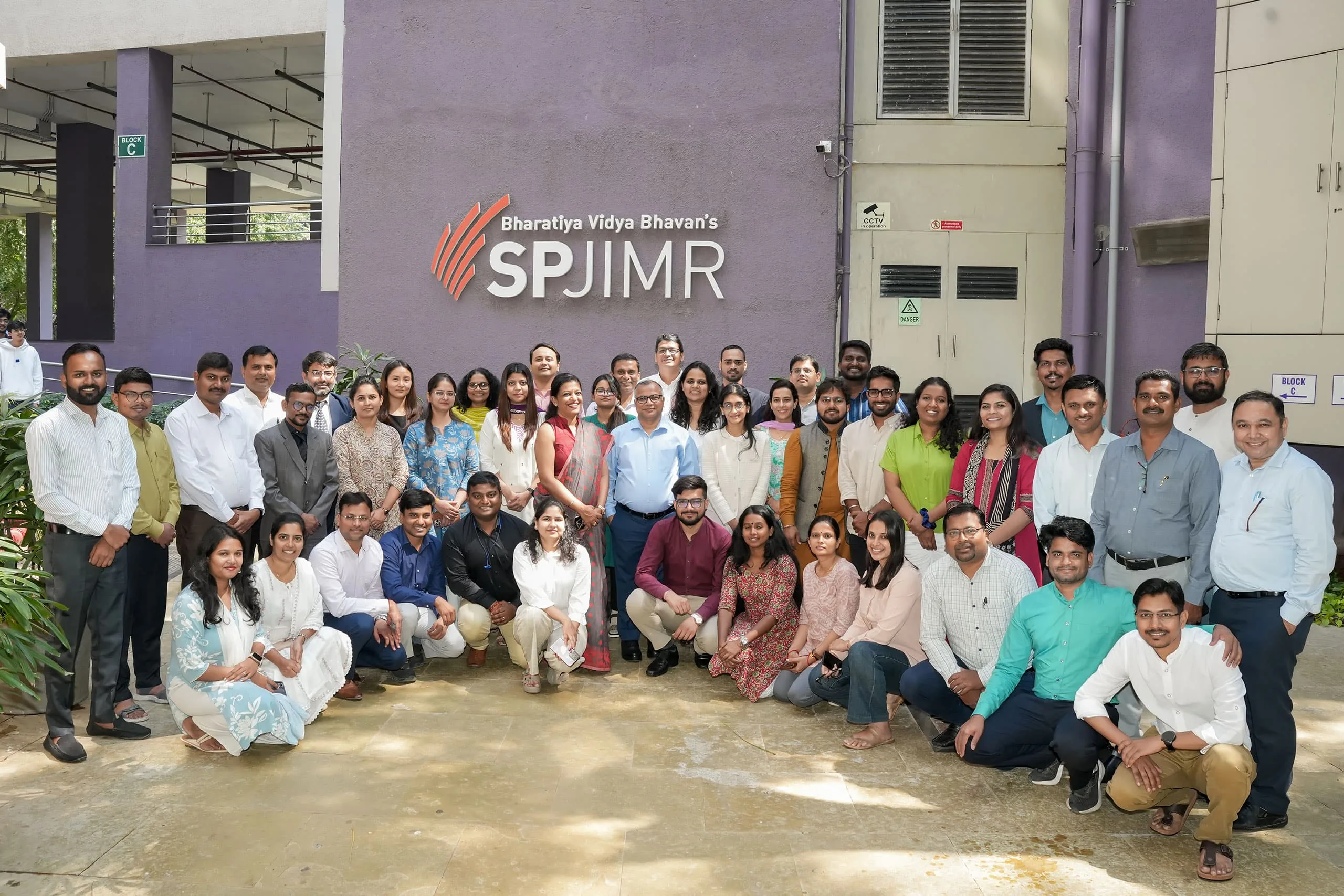For experienced professionals already in NGOs, foundations, social enterprises, or corporate CSR, this programme equips you to step into higher-level management, strategic planning, and directorial positions. After completing PGPDM, many participants have taken up CXO level positions, founded their own organisations or brought paradigm shifts in their organisations by scaling their programmes, designing new programmes or mobilising higher levels of funding.
Those who come from social impact funds and consultancies find themselves better positioned for senior advisory and leadership roles where they can drive large-scale funding initiatives and optimise social returns. Public sector and government officials gain the expertise to take on key policymaking and programme oversight roles within social welfare and development departments.
However, career advancement is not the only goal of PGPDM; what makes a real difference in the career trajectories of the graduates is their newly built capacity to correctly define social problems, design solutions, find funding and implement the solutions well, and if required or desired, build innovative models and organisations.







